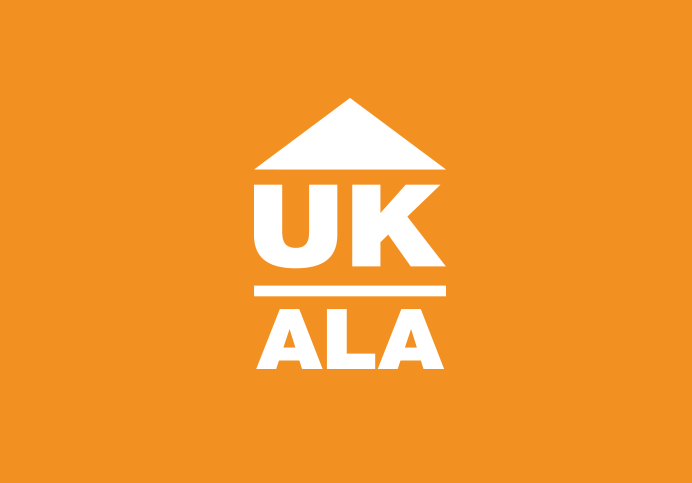
Rent increases for regulated tenancies
If a fair rent has been registered, a new application for a higher fair rent registration cannot be made less than two years after the date the existing registration came into effect (three years if the existing registration was made before 28 November 1980).
The only exception to this is where:
If a fair rent has been registered, a new application for a higher fair rent registration cannot be made less than two years after the date the existing registration came into effect (three years if the existing registration was made before 28 November 1980).
The only exception to this is where:
- the landlord and tenant apply jointly
- there has been a change of circumstances, for example, major repairs, improvements or changes in the terms of the tenancy.
Even where a landlord applies for a new, higher fair rent to be registered, the amount by which the rent can be increased is capped under a complicated calculation set out under regulations – The Rent Acts (Maximum Fair Rent) Order 1999. However, where the new fair rent exceeds the old one by at least 15% because of improvements to the property the restrictions do not apply.
In the unlikely event that the rent has not already been registered, the landlord can increase the rent if the tenancy agreement or contract allows for rent increases. However, the tenant can still apply at any point to have a fair rent registered in which case that will be the maximum rent that the landlord can charge.
If the tenancy agreement does not allow for increases the landlord can only increase the unregistered rent if:
- the landlord and tenant make a formal rent agreement which must follow special rules; or
- the Rent Officer registers a fair rent in which case the usual procedure for applying for increases in that rent applies